
The Easy Life
Does the easy life really mean a good life? Can we excel and fulfill our potential when we never have to leave the cushy walls of comfort zone?

The last few days, I’ve had some interesting ‘little’ tests. It started on Shabbat, when I used my brand new slow-cooker to make ground beef stew for lunch. I had two families coming, and lots of teenage boys, and when you’re feeding teenage boys, you usually need to serve up a lot of dead cow.
The stew looked great; it hadn’t ‘overbrowned’, or burnt, or dried out, which I was nervous could have happened with a new, untried, untested, slow cooker. I took it to the table, and while I was getting the sides to go with it, my daughter rushed in with the bad news: most of the stew was still pink!
Dear reader, this ranks as one of the most upsetting things you can tell a Shabbat hostess, particularly one that has serious neuroses about giving people food poisoning with raw meat…
The old me would have gone into panic mode instantaneously: how can I serve only salad and rice to teenage  boys!?!?!? What a disaster. What an embarrassment. What a mess.
boys!?!?!? What a disaster. What an embarrassment. What a mess.
I had a couple of seconds of that, and then, my emuna kicked back in and I realized that G-d, in His wisdom, had arranged for my mince stew to be half raw, even though it had been cooking for more than 18 hours. OK, great. Even if I look like an incompetent hostess and a bad cook, so be it.
Lunch turned out really great – the conversation part, at least. The teenagers were all relaxed and chatty, the parents felt so bad for me, they ate double helpings of everything else, just to make me feel better. In short, I could see that serving up dodgy food had not been the terrible disaster I’d always feared it would be. That was one more ‘worry’ I didn’t have any more.
(As a side note, I nuked the stew on full power for two hours after Shabbat was out, and it still stayed pink-looking. My brave husband ate it for Melave Malka – after all, it had now been cooking for 27 hours solid – and Baruch Hashem, he lived to tell the tale.)
The next ‘little’ test happened Monday morning, when I was preparing my weekly emuna class. Last year, no-one turned up for a class that I’d put a lot of effort into, because there was a brit milah (circumcision) that no-one told me about. It took me a good week, and a lot of soul-searching to get over that experience, and to realize that the point was to teach Torah for Hashem, and not just to give myself an ego boost by having a big attendance (or any attendance…)
This week, I thought the same thing was happening, when we got to ten minutes past the time the class usually starts, and no-one had shown up. But this time, it didn’t spark off a mid-life crisis. This time, I felt good that I’d still managed to tidy my living room and sweep my floor; I still managed to learn some great Torah for myself, which was an enormous privilege. Giving it over to other people was the icing on the cake. I started doing the big pile of washing up in my sink, when a whole bunch of people showed up, late, and the class happened after all.
In the middle of that class, where we were talking about how to promote healthy Jewish self-esteem in ourselves and our families, I got an urgent call from my kid’s school: could I come in for a chat in an hour’s time, at 11?
I gulped. Sure!
I went back to teaching the class, and then when everyone left, I sat on the couch and said the Tikun Klali, ten psalms prescribed by Rebbe Nachman to heal every problem, even school ones.
The special needs teacher I met was very nice, very kind. She praised my kid for being one of the smartest people she’d ever met – and then delivered the kicker: she couldn’t read.
My kid is nine.
She’s so smart, that somehow, she was still managing to pull nineties on her Torah tests even though she didn’t know half the Alef-Bet (alphabet) properly. Her teacher, her principal, me, were all completely shocked that we hadn’t picked this up before.
To be fair, usually, when a kid can’t read, they don’t get high scores on their exams.
My daughter missed a lot of Grade One, when we had to move around in the middle of the year, and she simply hadn’t been taught the basics properly, the building blocks that she needed to know how to read.
She’d been guessing, copying, and memorizing stuff for three years, and doing it so well that we had no idea that she was still struggling with stuff that first graders could do in their sleep.
In the past, I would have felt completely overwhelmed and would have immediately started to beat myself up for being a terrible mother. But people only beat themselves up when they don’t really believe that G-d is pulling all the strings in the world, and when they don’t have emuna – I’d just been teaching that in my own class!
So I took a deep breath, and when the incipient guilt and self-blame feelings disappeared, I noticed that underneath, I was actually feeling thankful and even (strangely…) pleased! What a smart kid, to have pulled that off for three years! When she came home, I went for a walk with her, bought her a little present, and complemented her on how well she’d been managing up until now.
Yes, we’re going to have to drag her off for some more serious remedial teaching. Yes, I’m going to have to seriously up the prayer ante on her learning how to read. But overall (and again, I know this sounds weird) – I was really proud of her.
Then, I started to do some soul-searching. Kids are our mirrors. Here, my daughter was pulling high scores but missing crucial, fundamental parts of her educational ‘foundation’. How was this reflecting me and my husband?
He did some thinking and praying, I did some thinking and praying, and we both got some amazing insights: my husband needed to take his personal prayer – what Rebbe Nachman calls the foundation of everything – a lot more seriously; and we both needed to go back and relearn a whole bunch of ‘basic’ Torah laws, which we’d never really studied seriously before.
For me, that’s means more Chofetz Chaim, (the laws of proper speech) and more laws of keeping kosher. For him, more hilchot Shabbat, or the laws of Shabbat. I know that now we’ve got that message, my daughter is going to learn to read properly very quickly, with Hashem’s help.
Again, this sounds weird, but I was actually really grateful for her problem. Without it, me and my husband would also still be ‘pretending’ to be at a level that we’re really not at, and stuffing up a whole bunch of basic Jewish laws and requirements.
I finished the day in such a good mood. How can your Shabbat stew be half raw (with teenage boys as guests) and that not be a disaster? Only with emuna. How can you not really mind if anyone shows up for the shiur you spent two weeks preparing for? Only with emuna. How can you get urgent calls from school telling you your nine year old kid can’t read, without sparking off tons of self-blame, guilt, anger and worry? Only with emuna.
Emuna is the one and only key to having an easy life. When you’re working on your emuna, even poisonous main dishes and academically challenged kids can put a smile on your face.
* * *
Check out Rivka Levy’s new book The Happy Workshop based on the teachings of Rabbi Shalom Arush





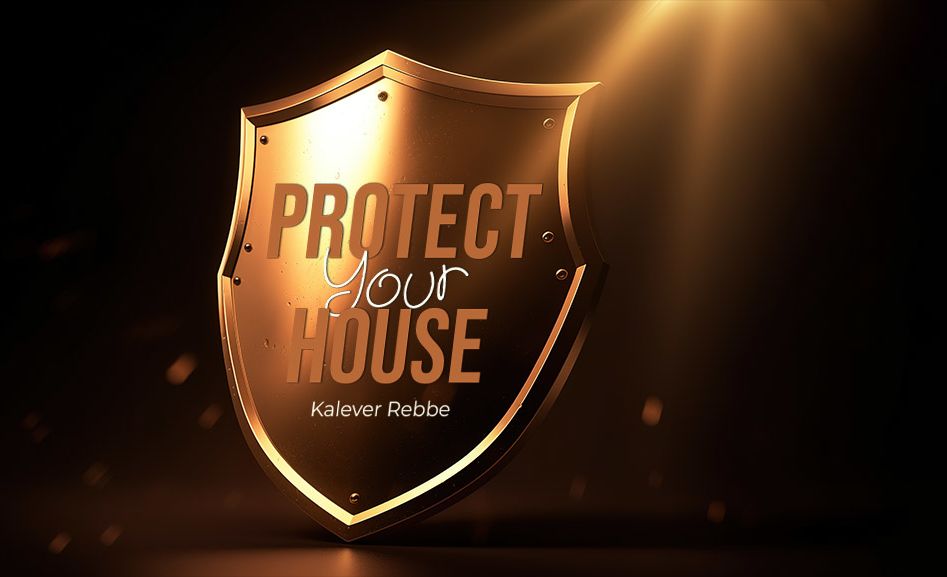

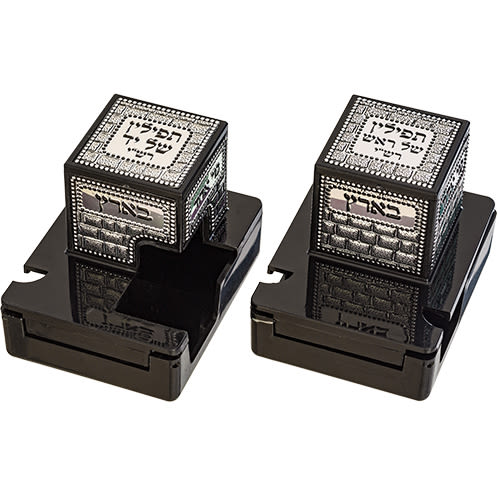
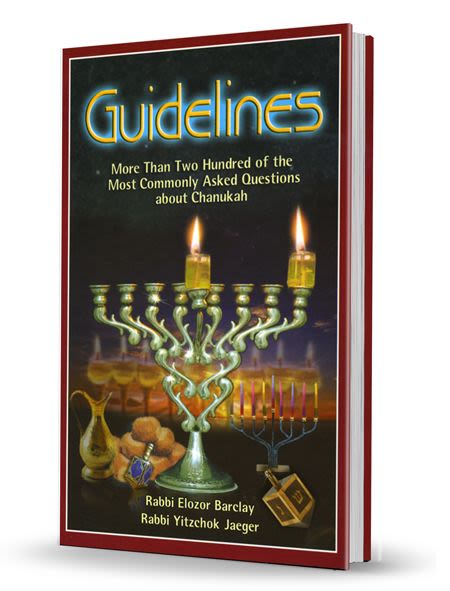
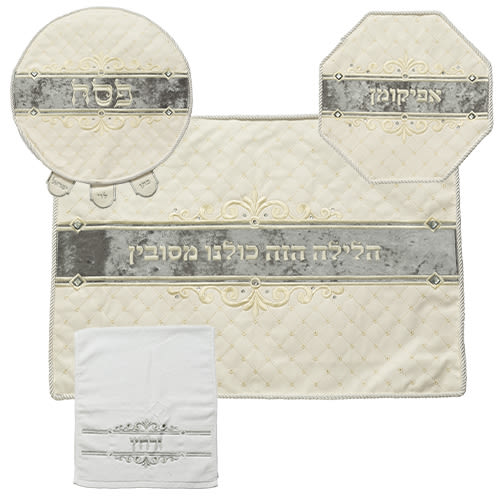
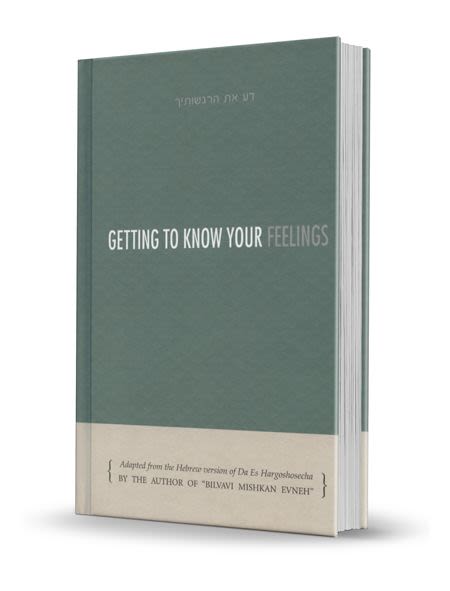

Tell us what you think!
Thank you for your comment!
It will be published after approval by the Editor.